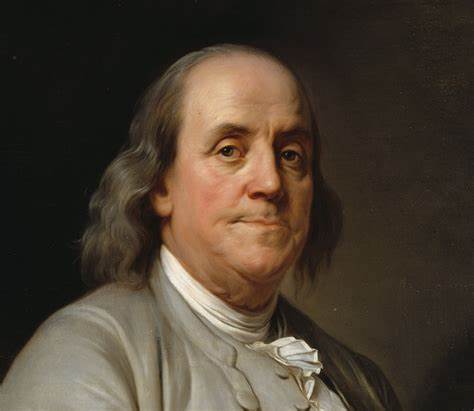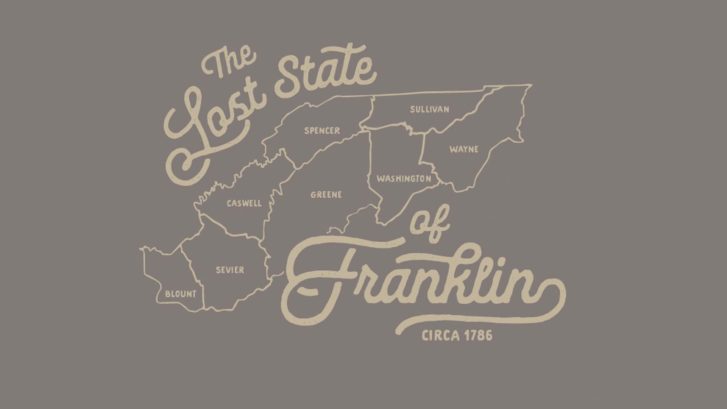The lost state of Franklin may not have become a state, but its legacy lives on. This first attempt at making a state after the Revolutionary War will influence the United States Constitution, and is filled with fascinating history.
 After the Revolutionary War, states owed the federal government money. North Carolina decides to sell a section of their western land to pay, this land being future East Tennessee, in 1784. The people in this area decide then to create the state of “Franklin” and signed a document declaring this new state in the town of Jonesborough. Revolutionary War hero, John Sevier, becomes governor of Franklin.
After the Revolutionary War, states owed the federal government money. North Carolina decides to sell a section of their western land to pay, this land being future East Tennessee, in 1784. The people in this area decide then to create the state of “Franklin” and signed a document declaring this new state in the town of Jonesborough. Revolutionary War hero, John Sevier, becomes governor of Franklin.
Gov. John Sevier
 Shortly after selling Franklin, North Carolina legislators realizes the wealth of this land and wants it back. They change their mind, but the citizens of Franklin feel they have already been established.
Shortly after selling Franklin, North Carolina legislators realizes the wealth of this land and wants it back. They change their mind, but the citizens of Franklin feel they have already been established.
State of Franklin Constitution
 In 1785, Franklin applies to the U.S. Congress for statehood, naming their state after Benjamin Franklin. Ben Franklin denies the honor of the state. He replies, “I am sensible of the honor which your Excellencey (sic) and your Council do me, but being in Europe when your State was formed I am too little acquainted with the circumstances to be able to offer you anything just now that may be of importance….” Congress then denies the state of Franklin.
In 1785, Franklin applies to the U.S. Congress for statehood, naming their state after Benjamin Franklin. Ben Franklin denies the honor of the state. He replies, “I am sensible of the honor which your Excellencey (sic) and your Council do me, but being in Europe when your State was formed I am too little acquainted with the circumstances to be able to offer you anything just now that may be of importance….” Congress then denies the state of Franklin.
This creates issues between current state of Franklin government, like Governor John Sevier, and the North Carolina representative, John Tipton. Local state of Franklin government refuses to acknowledge the federal government’s decision.

Tensions between the two governments erupted in 1788, resulting in the “Battle of Franklin”, and ended with three deaths, a number of injuries, and Sevier’s retreat. Franklin officially returns to North Carolina and after the U.S. Constitution is signed, it becomes part of the Southwest Territory. Article IV of the Constitution that lays out how new states are to be formed is a direct result of the state of Franklin fiasco.
Eventually the land becomes a part of Tennessee in 1796.
The Jonesborough Visitors Center still receives questions about this topic. They also have some merchandise pertaining to the lost state of Franklin such as t-shirts and books.
If you would like more information on the lost state of Franklin, reach out to the Heritage Alliance at 753-9580, their Facebook page or visit heritageall.org/.

